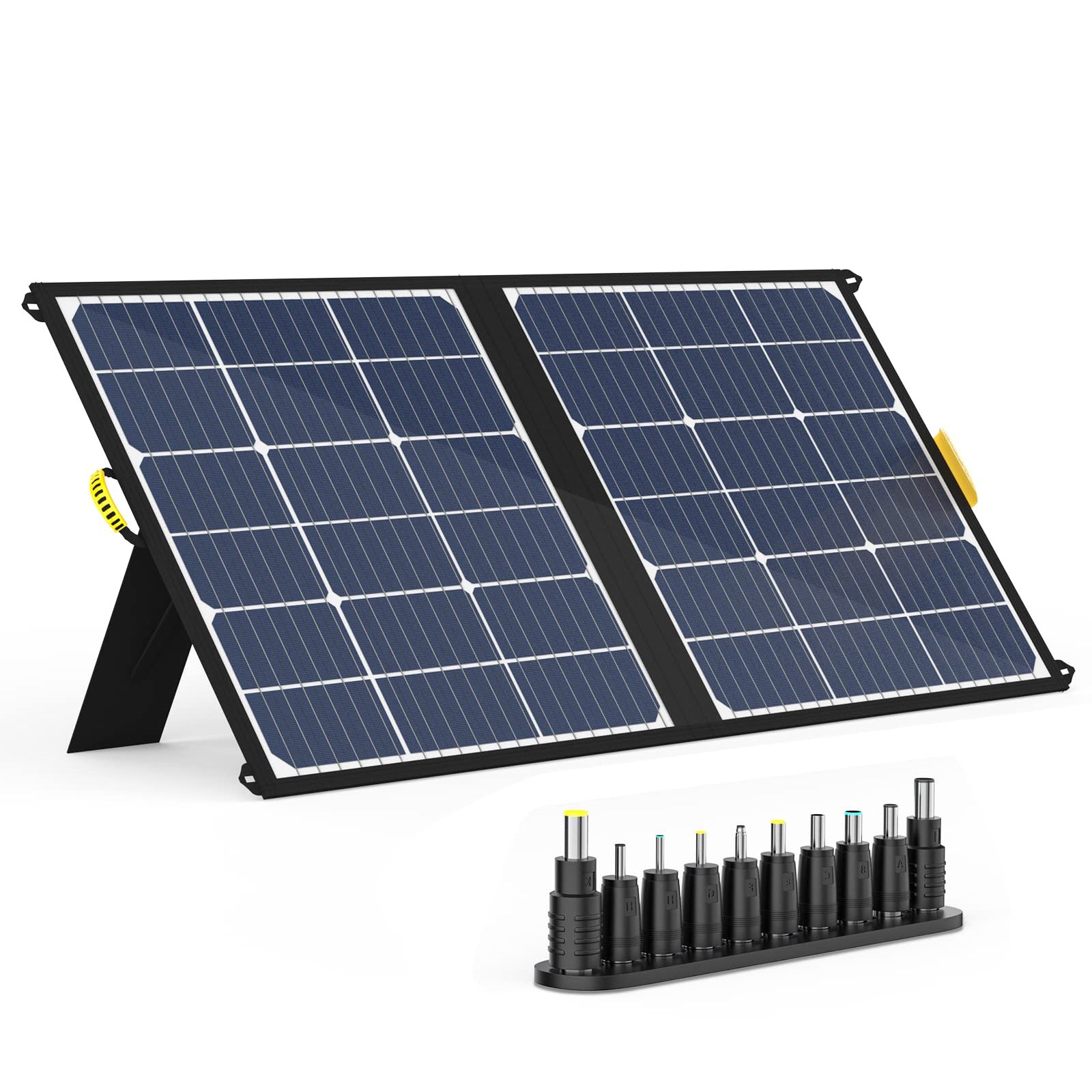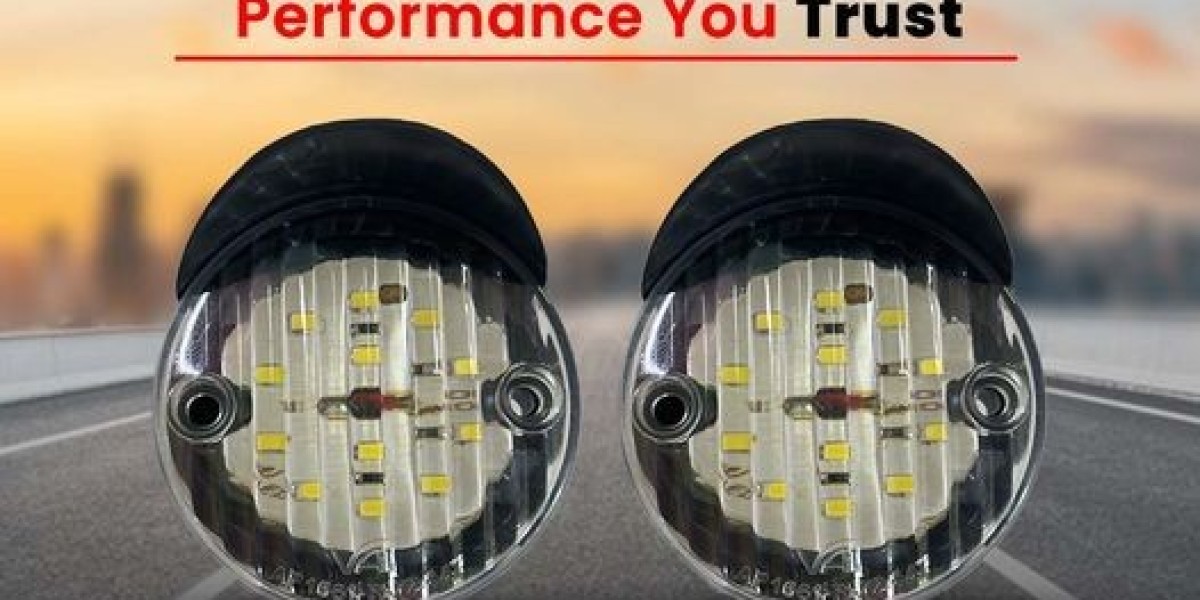Are you an avid traveler who loves exploring the great outdoors in your RV? If so, you may have considered installing solar panels on your vehicle to power your adventures. Solar panels can provide a reliable and sustainable source of energy, allowing you to enjoy the freedom of off-grid camping. In this article, we will guide you through the process of choosing the right solar panel setup for your RV adventures, ensuring that you make an informed decision.

Understanding Your Power Needs
Before diving into the world of solar panels, it is crucial to understand your power needs. Assessing your energy consumption will help you determine the size and capacity of the solar panel system required for your RV. Consider the appliances and devices you typically use while camping, such as lights, refrigerators, fans, and chargers. Calculate the total wattage and daily usage of these items to estimate your power requirements.
For example, if you have a refrigerator that consumes 100 watts and runs for 8 hours a day, you would need a solar panel system capable of generating at least 800 watt-hours of electricity daily to power the refrigerator alone.
Types of Solar Panels
When it comes to solar panels for RVs, there are primarily two types to choose from: monocrystalline and polycrystalline. Monocrystalline panels are made from a single crystal structure, making them more efficient and space-saving. On the other hand, polycrystalline panels are made from multiple silicon crystals, offering a more affordable option.
Both types have their advantages and disadvantages, so it's essential to consider your specific needs and budget. Monocrystalline panels are ideal if you have limited roof space on your RV and require maximum efficiency. Polycrystalline panels, on the other hand, are a cost-effective choice if you have ample roof space and are looking for a budget-friendly option.
Mounting Options
Choosing the right mounting option for your solar panels is crucial to ensure their stability and efficiency. There are three main mounting options for RV solar panels: roof-mounted, ground-mounted, and portable.
Roof-mounted panels are the most common choice, as they utilize the available roof space on your RV. They are permanently installed and provide a seamless integration with your vehicle. Ground-mounted panels, as the name suggests, are installed on the ground using adjustable stands. They offer flexibility in terms of positioning and can be tilted to maximize sun exposure. Portable panels, on the other hand, are lightweight and can be set up anywhere, making them ideal for campers who frequently change their location.
Battery and Charge Controller
When installing solar panels on your RV, it is essential to consider the battery and charge controller. The battery stores the energy generated by the solar panels, allowing you to use it when needed. Deep-cycle batteries are commonly used in RV solar setups, as they can withstand frequent charging and discharging cycles.
A charge controller regulates the flow of electricity from the solar panels to the battery, preventing overcharging and extending the battery's lifespan. It is crucial to choose a charge controller that matches the voltage and capacity of your solar panel system.
By understanding your power needs, choosing the right type of solar panels, selecting the appropriate mounting option, and considering the battery and charge controller, you can create the perfect solar panel setup for your RV adventures. Enjoy the freedom of off-grid camping while reducing your environmental impact!



